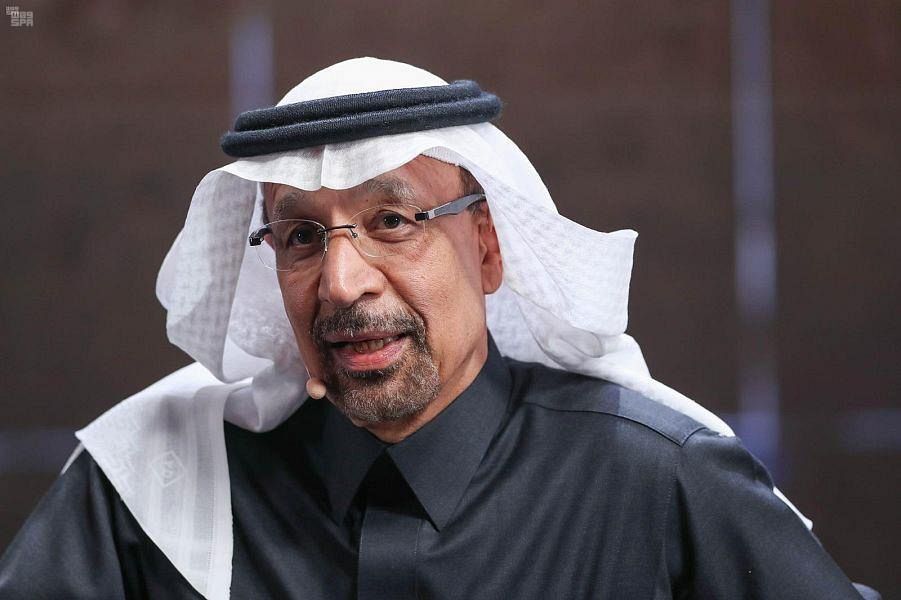
After nearly 10,000 deaths and more than 1 million cases, half of the Lebanese population is vaccinated
‘I believe that we will coexist with virus and it will become like any common cold,’ Beirut nursing chief tells Arab News
BEIRUT: Lebanon has been able to deal with the COVID-19 pandemic well despite its “critical and difficult circumstances,” a top health official told Arab News on Monday.
Lebanon “has overcome the waves of the pandemic with an acceptable rate of losses despite the collapse of official institutions,” said Dr. Abdul Rahman Bizri, an infectious disease specialist and head of the National Committee for the Administration of coronavirus vaccine.
“The real partnership between the public and private sectors, especially in the voluntary field, coordination in a scientific manner, and matching the measures taken globally with the Lebanese reality led to this success,” Bizri said.
Like the rest of the world, Lebanon learning to live with the virus, although the gradual abolition of precautionary measures has not yet been approved.
Restaurants and cafes are crowded on weekends, especially those that allocate outdoor seating areas.
Two years have passed since the first coronavirus infection was reported in Lebanon, and the total to date is 1,043,028 cases. The total number of deaths reached 9,970 on Sunday.
The daily number of new cases has fallen during the past two months from a peak of 10,000 to less than 4,000.
“I believe that we will coexist with the virus and it will become like any common cold,” said Aida Nouri, nursing supervisor of the hospital department at Al-Makassed Charitable Hospital in Beirut.
Nouri said that 95 percent of the deaths from the coronavirus variants registered in the hospital are among the unvaccinated.
The vaccinated suffer from simple symptoms, which have recently become very mild and do not require hospitalization, said Nouri.
In a report a week ago, the Lebanese Ministry of Health noted “the decrease in the percentage of positive tests and local incidence.”
The report indicated the beginning of the countdown phase to the end of the wave of the omicron variant in the next two months.
According to the ministry’s daily medical reports, the largest percentage of those who are currently infected with the virus are unvaccinated — 77 percent.
The number of people registered to receive the vaccine has risen to more than 3,700,000 people. This means that the number of people who will receive or have received the vaccine through registration on the platform of the Ministry of Health has exceeded 68.3 percent of the population.
According to Bizri, “Lebanon relies on RNA-based vaccines for its vaccination campaign because they are more desirable around the world. Lebanon receives European and American donations of these vaccines.”
Bizri said they were preparing “a new phase for vaccinating children between the ages of 6 and 12 years, subject to the arrival of a batch of vaccines soon.”
He said the coronavirus “has begun to turn from a pandemic to an endemic, which means that the virus that transmitted from animals to humans is adapting to live among humans, but in new forms.
“It is behaving like a human virus to continue life, and this is logical in virology, as it enhances its ability to spread and evade the immune system, causing the least disease symptoms so as not to eliminate its carrier, and this is what we witnessed with omicron.”
Bizri also talked about the chaos, violations and corruption that marred the vaccination process.
Some fraud cases were reported in the results of PCR tests and vaccination certificates.
He said: “It is related to the deterioration of the security situation in a country where there is no social security number for every citizen.
“Moreover, the electronic firewalls are not robust, and the most dangerous thing is that perpetrators are not held accountable or punished.
“However, despite the limited capabilities, Lebanon has realized a healthy and notable achievement.”












